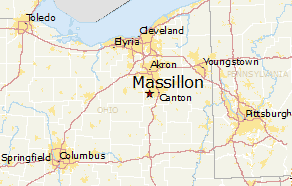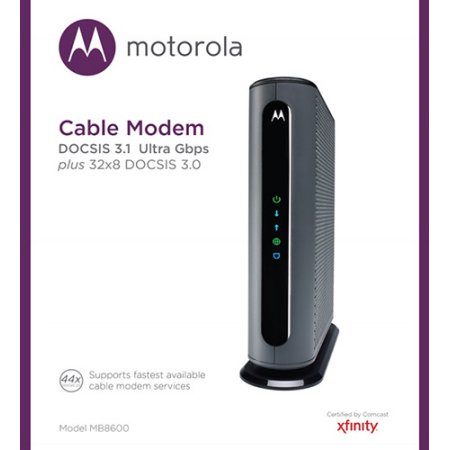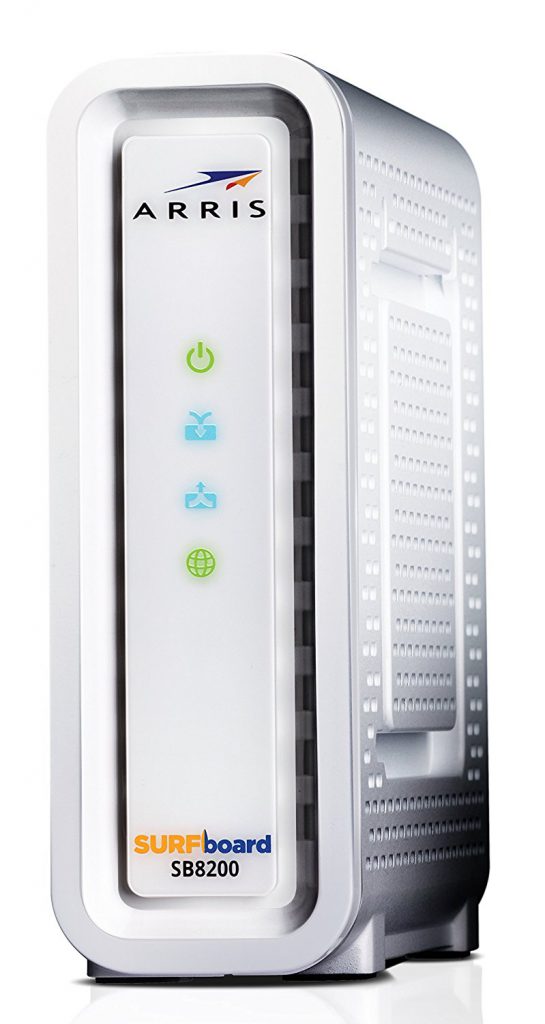Comcast may be undercutting its own fiber broadband aspirations by introducing a cheaper way for customers to get gigabit broadband service over their existing Comcast cable connection.
Customers in seven new areas, including most of Colorado, Oregon, southwest Washington State, and the cities of Houston, Kansas City, San Francisco and Seattle now have access to Comcast’s DOCSIS 3.1-powered gigabit downloads. (Upload speeds are limited to a much less impressive 35Mbps.)
Comcast announced the new communities as part of their gradual rollout of DOCSIS 3.1 — the standard that powers cable broadband — across their national footprint. These communities join Utah, Detroit, Tennessee, Chicago, Atlanta, and Miami where Comcast has already introduced the new speeds.
It is Comcast’s latest foray into gigabit speed broadband, and it is decidedly focused on the cities outside of the northeast (except Boston) where Comcast has not faced significant competition from Google Fiber or AT&T Fiber, both delivering gigabit speed internet access. Verizon FiOS, predominately in the northeast, only recently introduced gigabit speed options for its residential customers. Comcast continues to be among the most aggressive cable operators willing to boost broadband speeds for its customers, in direct contrast to Charter Communications, the second largest cable operator in the country that is predominately focused on selling 60-100Mbps internet packages to its customers.

Comcast sells multiple broadband speed tiers to its customers.
Comcast’s efforts may undercut its own fiber-on-demand project, which wires fiber to the home service for some Comcast customers seeking up to 2Gbps service. That plan comes with a steep installation fee and term commitment, making it a harder sell for customers. Comcast’s DOCSIS-powered gigabit will retail for $159.95 a month, but Comcast is offering pricing promotions ranging from $70-109.99 a month with a one-year term commitment in several cities. The more competition, the lower the price.
In Kansas City, where Google Fiber premiered and AT&T is wiring its own gigabit fiber, Comcast charges $70 a month, price-locked for two years with a one-year contract. Customers who don’t want a contract will pay dearly for that option — $160 a month, which is more than double the promotional price.
In Houston, where AT&T has not exactly blanketed the city with gigabit fiber service and Comcast has been the dominant cable operator for decades, gigabit speed will cost you $109.99 — almost $40 more a month because of the relative lack of competition. Customers who bundle other Comcast services will get a price break however. Upgrading to gigabit service will cost those customers an additional $50 to $70 a month, depending on their current package.
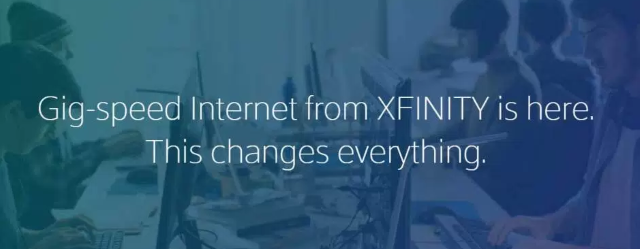 “Additional prices and promotions may be tested in the future,” the company said in a news release.
“Additional prices and promotions may be tested in the future,” the company said in a news release.
Comcast does not expect many customers will want to make the jump to gigabit speeds and a higher broadband bill. Rich Jennings, senior vice president of Comcast’s Western/Mountain region, told the Colorado Springs Gazette that gigabit service was a “niche product for people who want that kind of speed.”
Comcast does suspect a number of signups will be from broadband-only customers who don’t subscribe to cable television.
Mike Spaulding, Comcast’s vice president of engineering, thinks the service will appeal most to those who rely entirely on a broadband connection for entertainment and communications.
“There’s not a lot of need for gigabit service for one customer to do one thing,” Spaulding told the Denver Post. “But what it does is enable an even better experience as more devices in the home are streaming, whether it’s video or gaming or whatever they are doing in the home. Most of our customers subscribe to the 100Mbps package today. Less than 10 percent of our customers are in the 200-250Mbps. We’ll see where one gig takes us.”
One place a gig may take customers is perilously close to Comcast’s notorious 1TB usage cap, which is currently enforced in Alabama, Arizona, Arkansas, California, Colorado, Florida, Georgia, Idaho, Illinois, Indiana, Kansas, Kentucky, Louisiana, Michigan, Minnesota, Mississippi, Missouri, New Mexico, Western Ohio, Oregon, Tennessee, Texas, South Carolina, Utah, Southwest Virginia, Washington, and Wisconsin, even for this premium-priced internet tier. Customers exceeding it will automatically pay a $10 overlimit fee for each 50GB of excess usage, up to a maximum of $200 a month. An unlimited ‘insurance plan’ is also available for $50 a month, which removes the 1TB cap.
Customers will have to use a new modem if they upgrade to gigabit service, either renting one from Comcast for around $10 a month or buying a compatible DOCSIS 3.1 modem. Two of the most recommended: the Arris Surfboard SB8200 ($189) or the Netgear CM1000 ($171.99) (prices subject to change).
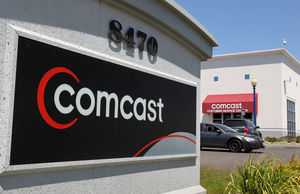 Comcast customers in Bucks, Chester, Delaware, Montgomery, and Philadelphia counties in Pennsylvania as well as parts of New Jersey and New Castle County, Del. can now subscribe to the company’s DOCSIS 3.1-powered gigabit broadband service.
Comcast customers in Bucks, Chester, Delaware, Montgomery, and Philadelphia counties in Pennsylvania as well as parts of New Jersey and New Castle County, Del. can now subscribe to the company’s DOCSIS 3.1-powered gigabit broadband service.

 Subscribe
Subscribe

